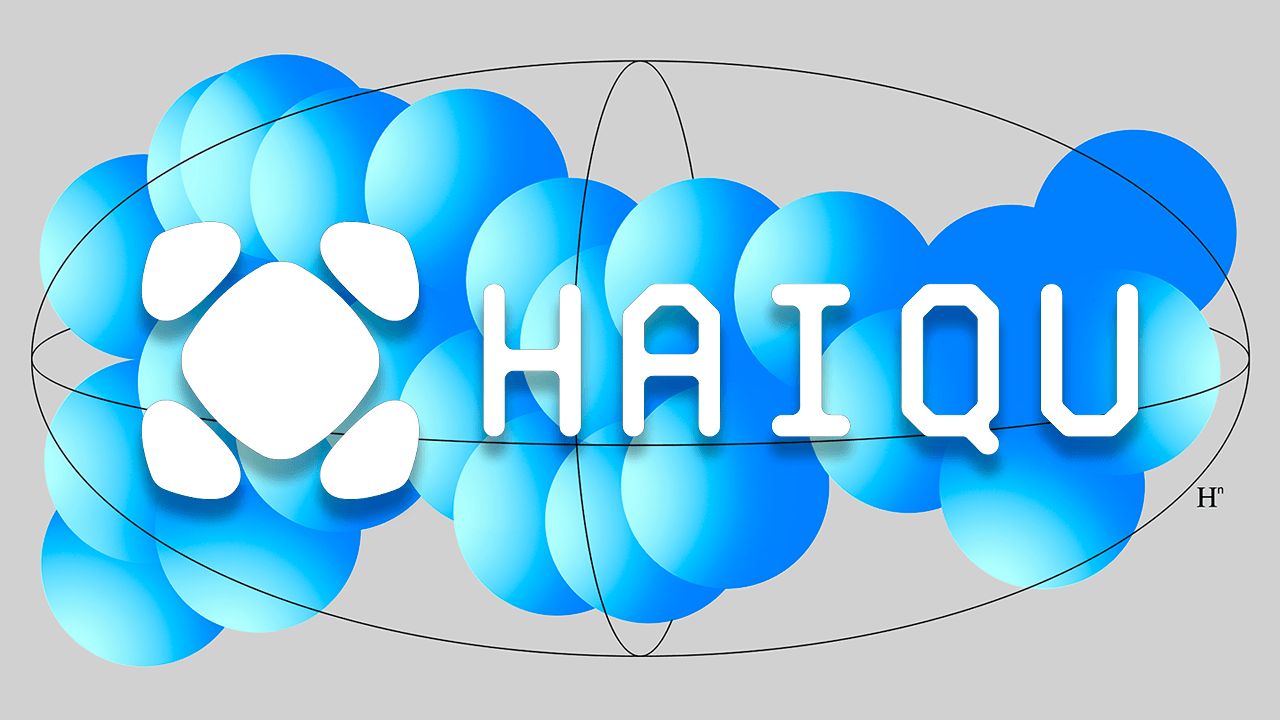The majority of Germans support increasing aid to Ukraine and are dissatisfied with the performance of their Chancellor.
These are the results of the "Political Barometer" survey conducted by the public-law television channel ZDF.
According to the survey, 59% of respondents believe that European countries should provide more weapons and ammunition to Ukraine, while 35% are against it.
Regarding Ukraine's stance towards Russia, 40% said that if the war can be ended, Ukraine should abandon the territories occupied by Russia, while 48% expressed support for Ukraine continuing to fight for the liberation of all its territories.
The survey also reflects the sympathies and antipathies towards the main figures in the German political arena.
The most popular politician in Germany remains Defense Minister Boris Pistorius, who received a score of +1.9 (on a scale from +5 to -5).
Only Pistorius and North Rhine-Westphalia Prime Minister Hendrik Wüst received a positive (above 0) rating.
The rest are in the "negative." Chancellor Olaf Scholz, for example, scored -0.4 (slightly improving his previous result) and ranked fourth.
Sharing the same score, fifth and sixth places go to the Green Party's Foreign Minister Annalena Baerbock and Economy Minister Robert Habeck.
At the bottom of the list of 10 places is the leader of the right-wing populist "Alternative for Germany" Alice Weidel (-2.6), and second to last is Sarah Wagenknecht, leader of the left-wing party "Die Linke" (-1.2), both of whom have slightly improved their ratings recently.
Thus, no German politician enjoys high support from their own population.
More than half of those surveyed said that Scholz is doing a poor job.
If elections to the Bundestag were held this weekend, the Social Democratic Party (which currently leads the ruling coalition) would receive 16% support, the conservative CDU/CSU bloc would receive 31%, the Greens would receive 13%, the Free Democratic Party would receive 4% (thus not crossing the threshold for representation, as it is currently the junior partner in the coalition), the right-wing Alternative for Germany would receive 18%, while the Left would receive 3%, and Sarah Wagenknecht's bloc, which has distanced itself from them, would receive 6%.
Since 1977, a research group has been regularly conducting surveys for ZDF. These surveys capture the opinions and attitudes of the voting population regarding current events, parties, and politicians, as well as general social issues. Data collection takes place from Tuesday to Thursday, with approximately 1250 interviews conducted. The obtained results are representative of the entire voting population of Germany. The data is gathered using three different survey methods and subsamples: personal telephone interviews from both landline and mobile phones, and online surveys via SMS invitation. The margin of error is approximately +/- 3 percentage points.





















